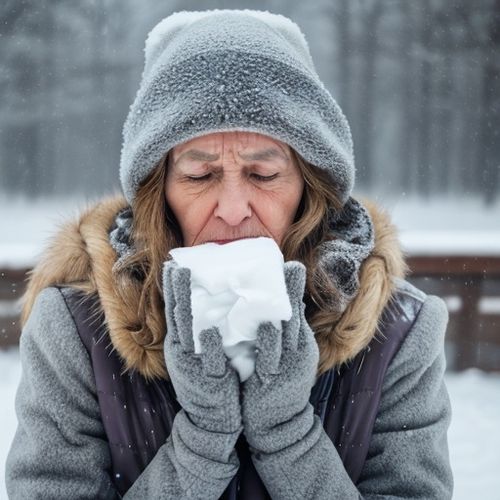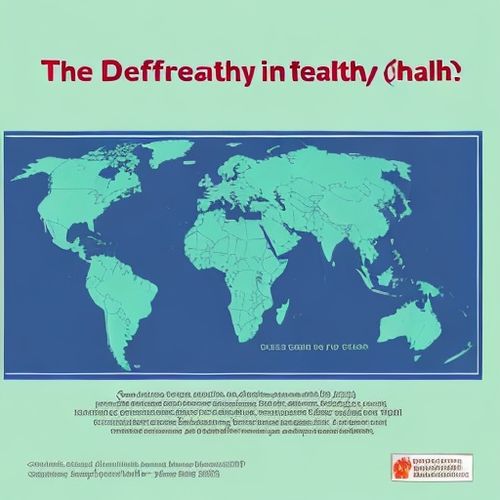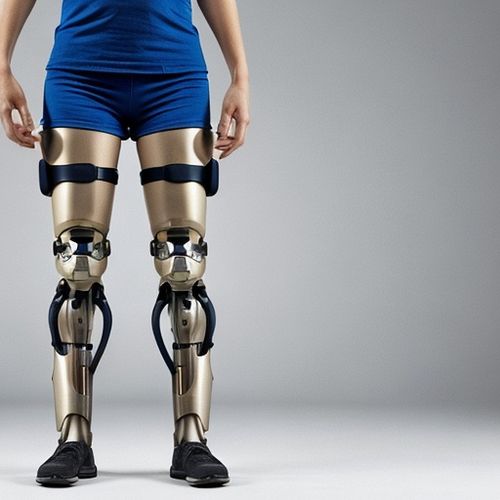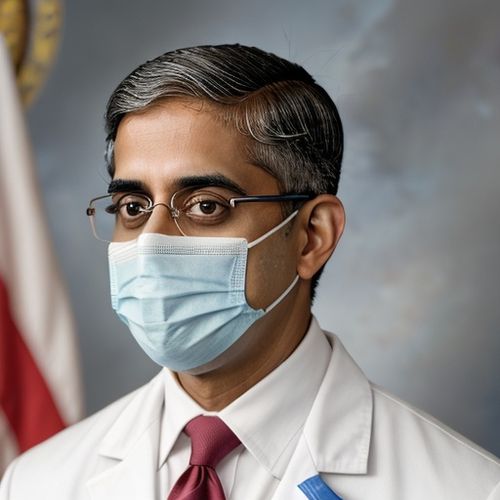In the quiet halls of research and the bustling corridors of public health, a new study has sent ripples of concern and a clarion call to action. The findings, published in the prestigious journal Nature Medicine, suggest that the specter of dementia looms larger over the United States than previously imagined. The study's revelations are not just statistics on a page; they are a stark portrait of a future where the cognitive health of millions is at stake.
The numbers are daunting: more than 2 in 5 people over the age of 55 in the US—approximately 42%—are projected to develop dementia in their later years. As the demographic tide turns and the US population ages, the annual diagnoses of dementia are expected to double, escalating from about 514,000 cases in 2020 to a staggering 1 million by 2060. This alarming trend is largely propelled by the aging Baby Boomer generation, a cohort that, according to the US Census Bureau, is the second largest in the nation after their children, the Millennials. With about 73 million Boomers in 2020, and the youngest now at least 60 years old, the stage is set for a significant increase in dementia cases as this generation reaches the vulnerable age of 75 and beyond.
The study's methodology is noteworthy for its depth and diversity. Tracking the health records of approximately 15,000 individuals over an average of 23 years, the research offers a more comprehensive and representative view of dementia prevalence than previous studies. The inclusion of a diverse population, with Black individuals comprising over a quarter of the participants, ensures that the findings reflect the realities of a changing America. The data paints a troubling picture, revealing "striking differences" in dementia risk by race, with Black adults facing significantly higher diagnosis rates and earlier onset compared to their White counterparts. By 2060, annual dementia diagnoses among Black adults may triple, a projection that underscores the urgent need to address racial disparities in health outcomes.
The researchers suggest that these racial disparities may be the bitter fruit of structural racism and inequality, which have cast a long shadow over the life course of affected communities. Factors such as limited access to education and nutrition, which can impact cognitive reserve early in life, and socioeconomic disparities that lead to a higher burden of vascular risk factors in midlife, are likely contributors to this disparity. The study serves as a stark reminder that the social determinants of health cannot be ignored in the quest to understand and combat dementia.
Gender also plays a role in this complex equation. Older women face a higher overall risk of developing dementia in their lifetime compared to older men—about 48% versus 35%. However, much of this difference can be attributed to the fact that women tend to live longer, a double-edged sword that grants them more years but also exposes them to a greater risk of cognitive decline. Additionally, individuals with a particular gene—apolipoprotein E, or APOE—are at a heightened risk. Those with two copies of the gene face a daunting 59% risk of developing dementia in their older age, compared to 48% for those with one copy and 39% for those without the gene.
While the rising tide of dementia is primarily driven by age and genetic factors, the study also highlights "broad opportunities" to mitigate risk through better management of lifestyle factors. A healthy weight, balanced diet, good mental health, and addressing hearing loss can all play a role in reducing the likelihood of developing dementia. The researchers note that only about 20% of US adults are meeting recommended lifestyle and cardiovascular health targets, and a mere 30% of older adults with hearing loss are using a hearing aid. These figures suggest a significant gap between what we know can help and what we are actually doing to protect our cognitive health.
The landscape of dementia diagnosis is also evolving. For the first time, new criteria published by the Alzheimer’s Association in July call for doctors to rely on biomarkers—pieces of beta-amyloid and tau proteins detected through lab tests or brain scans—rather than traditional pen-and-paper tests of memory and thinking. This shift aims to detect Alzheimer’s disease, the most common form of dementia, in its earliest and most treatable stages. However, the clinical trials for novel drugs designed to slow the disease's progression have been criticized for a lack of racial diversity, a shortcoming that must be addressed to ensure equitable access to potentially life-changing treatments.
The findings of this study are a clarion call for policymakers, healthcare providers, and the public at large. They highlight an "urgent need for policies that enhance healthy aging, with a focus on health equity." Reducing the burden of dementia is not just a medical challenge; it is a societal imperative. It requires a concerted effort to improve access to education, nutrition, and healthcare, and to promote lifestyle changes that can shield our minds from the ravages of cognitive decline.
In conclusion, the study published in Nature Medicine is more than a collection of data; it is a roadmap to a future where dementia does not define the twilight years of so many lives. It is a call to action for a society that values the health and well-being of all its members, regardless of age, race, or gender. The battle against dementia is not one that can be won with medications alone; it requires a holistic approach that addresses the root causes of cognitive decline. As we stand on the precipice of an aging population, the time to act is now. The health of future generations depends on the steps we take today to illuminate the path to healthier, dementia-free lives.

By Christopher Harris/Jan 16, 2025

By Noah Bell/Jan 16, 2025

By Amanda Phillips/Jan 16, 2025

By Victoria Gonzalez/Jan 16, 2025

By Victoria Gonzalez/Jan 15, 2025

By Samuel Cooper/Jan 15, 2025

By Rebecca Stewart/Jan 15, 2025

By Benjamin Evans/Jan 15, 2025

By Michael Brown/Jan 15, 2025

By Eric Ward/Jan 15, 2025

By Amanda Phillips/Jan 15, 2025

By William Miller/Jan 15, 2025

By Samuel Cooper/Jan 15, 2025

By James Moore/Jan 15, 2025

By Sarah Davis/Jan 13, 2025

By Lily Simpson/Jan 13, 2025

By Sophia Lewis/Jan 13, 2025

By David Anderson/Jan 13, 2025

By Michael Brown/Jan 13, 2025

By Lily Simpson/Jan 13, 2025